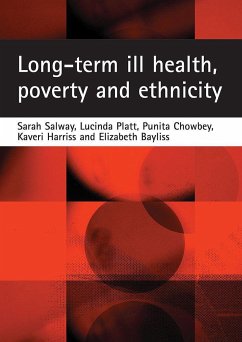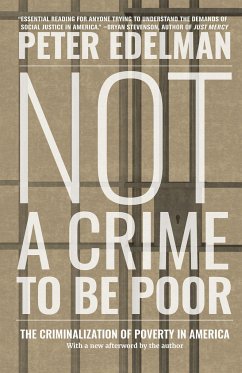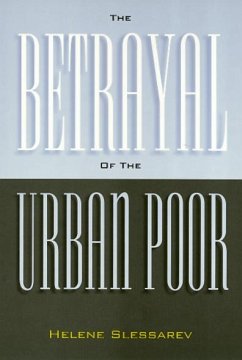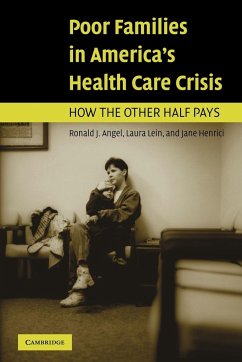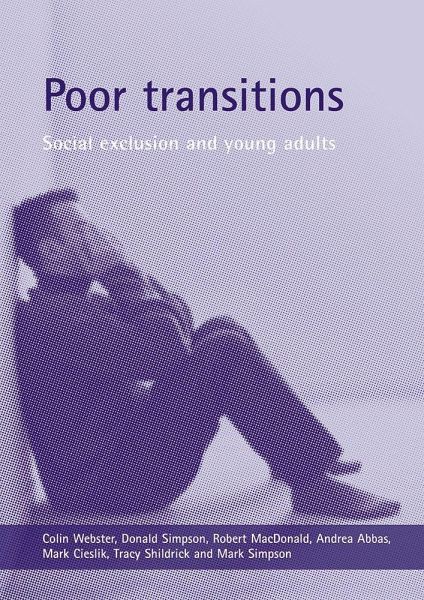
Poor Transitions
Social Exclusion and Young Adults
Versandkostenfrei!
Versandfertig in über 4 Wochen
29,99 €
inkl. MwSt.

PAYBACK Punkte
15 °P sammeln!
Based on a rare example of longitudinal, qualitative research with hard-to-reach young adults, this study throws into question common approaches to understanding and tackling social exclusion. A key conclusion is that in disadvantaged labor markets current welfare to work policies often entrap individuals in low-paid, precarious poor work, thus entrenching their social exclusion. The report provides a detailed insight into the processes that shape poor transitions and, in particular, highlights: young adults encounters with education, training and employment and their attempts to establish mor...
Based on a rare example of longitudinal, qualitative research with hard-to-reach young adults, this study throws into question common approaches to understanding and tackling social exclusion. A key conclusion is that in disadvantaged labor markets current welfare to work policies often entrap individuals in low-paid, precarious poor work, thus entrenching their social exclusion. The report provides a detailed insight into the processes that shape poor transitions and, in particular, highlights: young adults encounters with education, training and employment and their attempts to establish more rewarding working lives; the choices and constraints facing young mothers as they try to balance childcare and paid employment; the complicated factors that lead some adults to desist from crime and drug use and some to persist; and the impact of growing up in poor neighborhoods on the longer term transitions of young people. The authors argue that understanding social exclusion and dev




